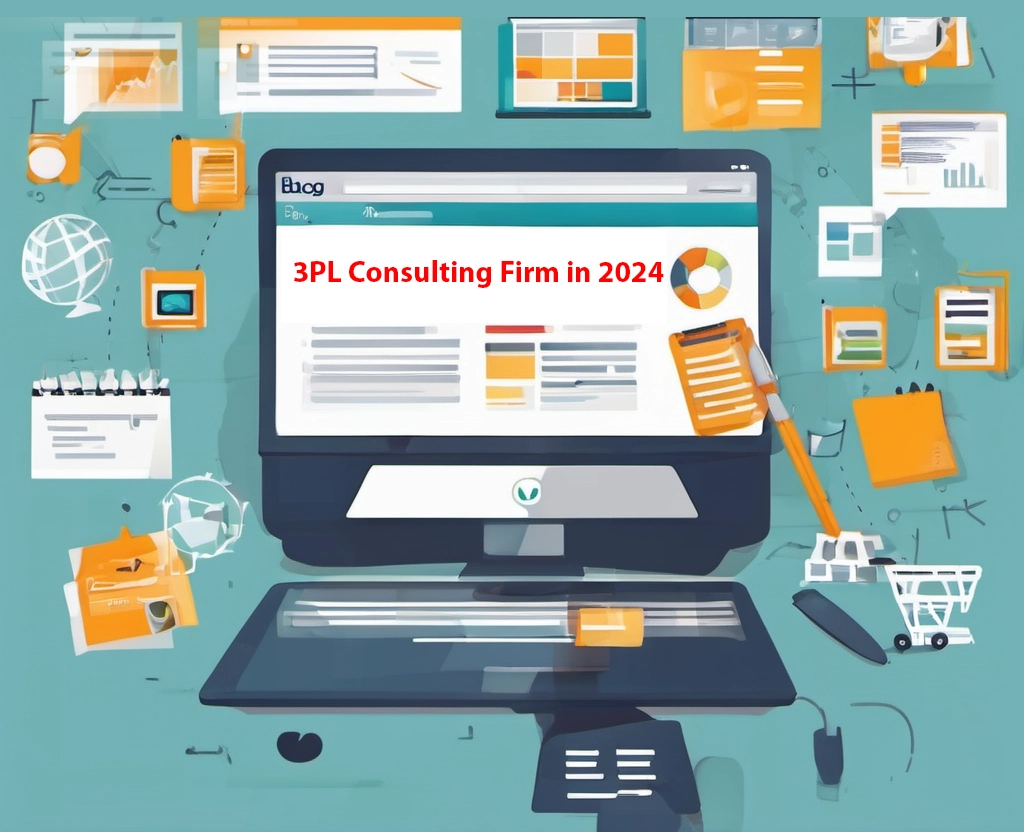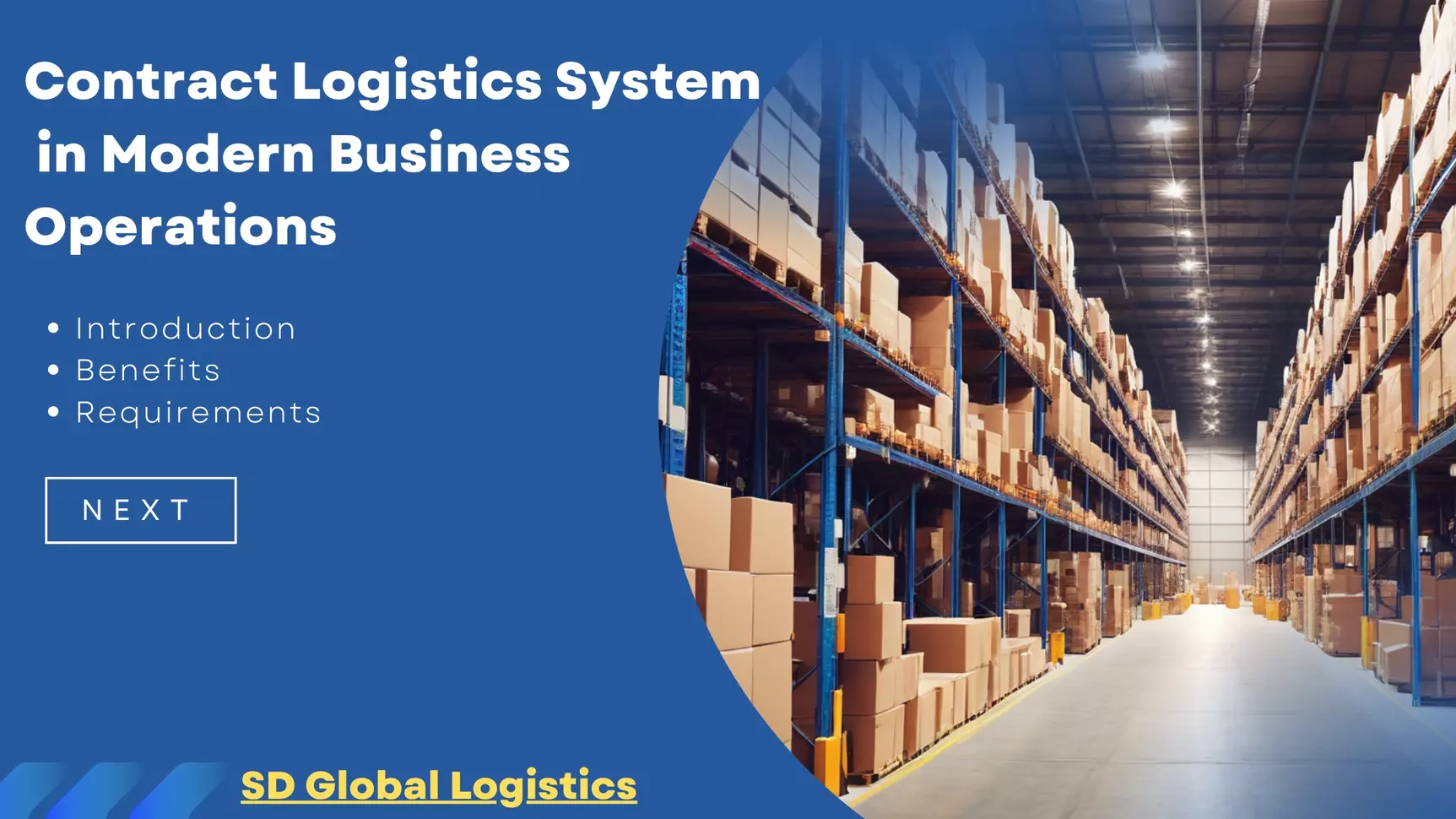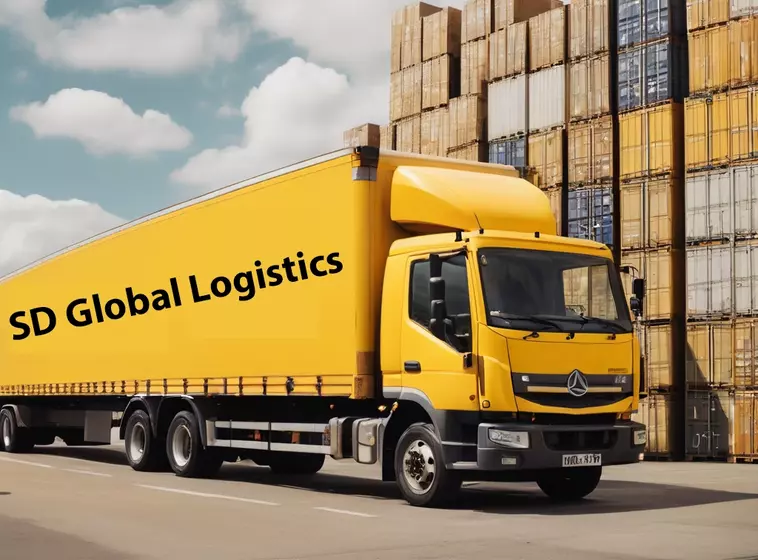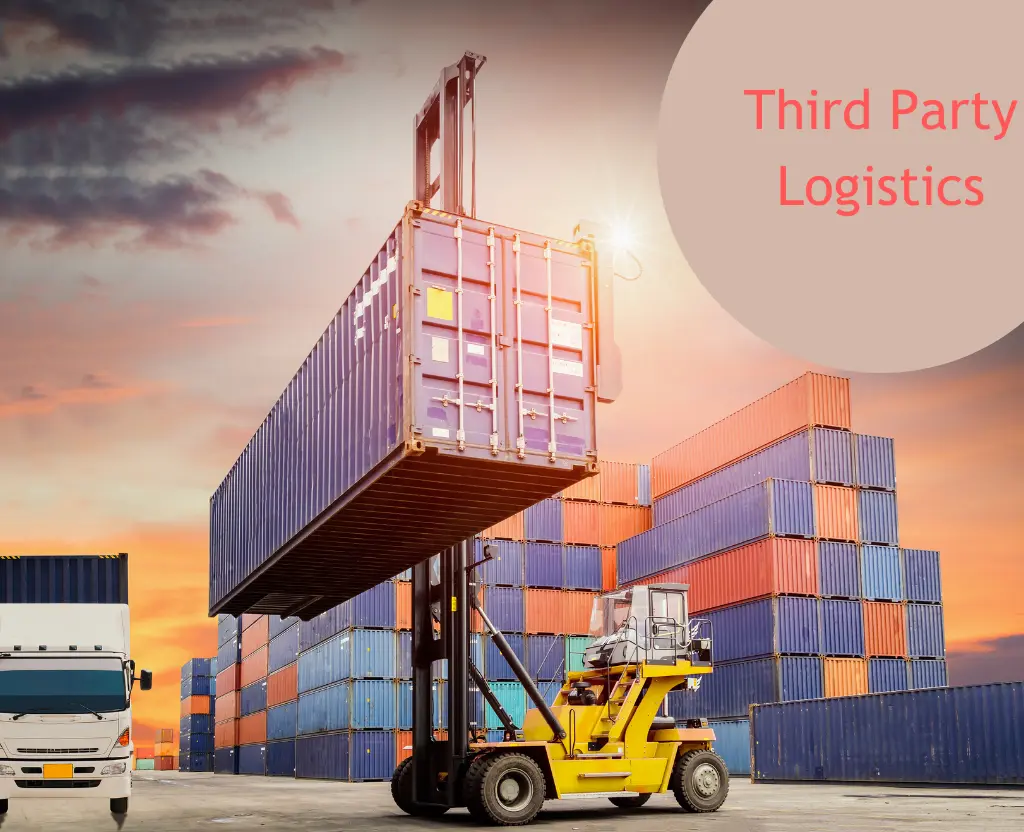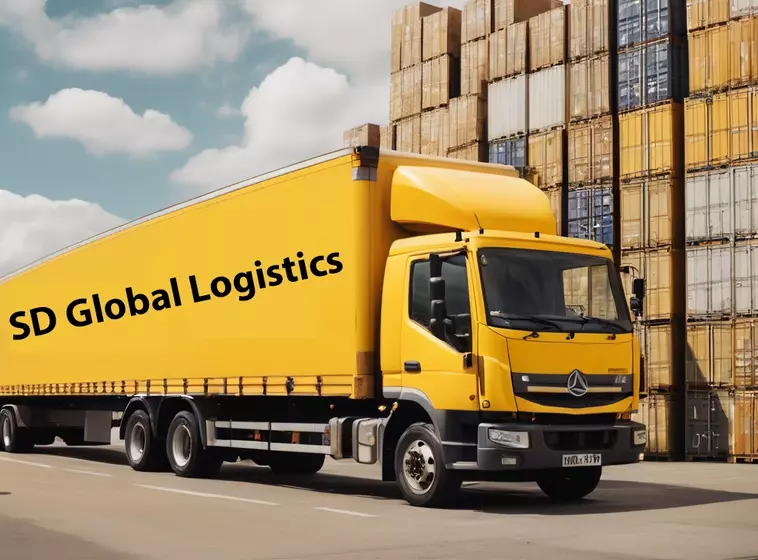
Does Your Business Need a Third-Party Logistics Partner in 2024?
In today's fast-paced, globalized world, efficient logistics are the backbone of any successful business. But managing the complexities of warehousing, transportation, and distribution can be a daunting task, especially for smaller businesses or those experiencing rapid growth. That's where third-party logistics (3PL) providers come in, offering expertise and resources to streamline your supply chain and boost your bottom line. But is a 3PL partnership right for you in 2024?
Here are some key factors to consider:
1. Your Business Volume and Growth:
High volume or rapid growth: If your order fulfillment demands are outpacing your in-house capabilities, a 3PL can handle the scaling efficiently, freeing up your resources for core business activities.
Low volume or stagnant growth: In-house management might be sufficient for smaller businesses. However, consider the hidden costs of managing your own logistics, such as warehouse rent, staff training, and transportation management.
2. Product Mix and Complexity:
Specialized products or complex fulfillment needs: 3PLs often have expertise in handling specific product types (e.g., perishables, hazardous materials) and can customize solutions for your unique requirements.
Simple, standardized products: In-house management might be feasible, but compare costs and efficiency to potential 3PL savings.
3. Geographic Reach:
National or international expansion: 3PLs have established networks and expertise in navigating complex import/export regulations, saving you time and resources.
Limited geographic reach: In-house management might suffice, but consider the potential expansion opportunities a 3PL could enable.
4. Technology and Innovation:
Limited technology budget or expertise: 3PLs often invest heavily in cutting-edge logistics technology, providing access to advanced inventory management, tracking, and data analytics.
Strong internal technology infrastructure: You might be able to manage yourself, but assess the value of the 3PL's additional technological capabilities.
5. Cost Efficiency and Expertise:
Focus on cost reduction: 3PLs can leverage their economies of scale and optimize transportation routes, potentially offering cost savings compared to in-house management.
Need for specific expertise: If your business lacks in-house logistics expertise, a 3PL can provide valuable knowledge and best practices.
2024 Trends to Consider:
Evolving customer expectations: Faster delivery times and increased visibility are driving demand for advanced logistics solutions, which 3PLs can readily provide.
Supply chain disruptions:
Unexpected events highlight the need for agile and resilient logistics networks, which 3PLs can offer through diverse infrastructure and partnerships.
Technology advancements: Automation, robotics, and artificial intelligence are transforming logistics, with 3PLs at the forefront of adoption.
Ultimately, the decision to partner with a 3PL depends on your unique business needs and goals. Carefully assess your current logistics capabilities, future growth trajectory, and budget constraints to determine if a 3PL can be your strategic partner in navigating the dynamic logistics landscape of 2024.

